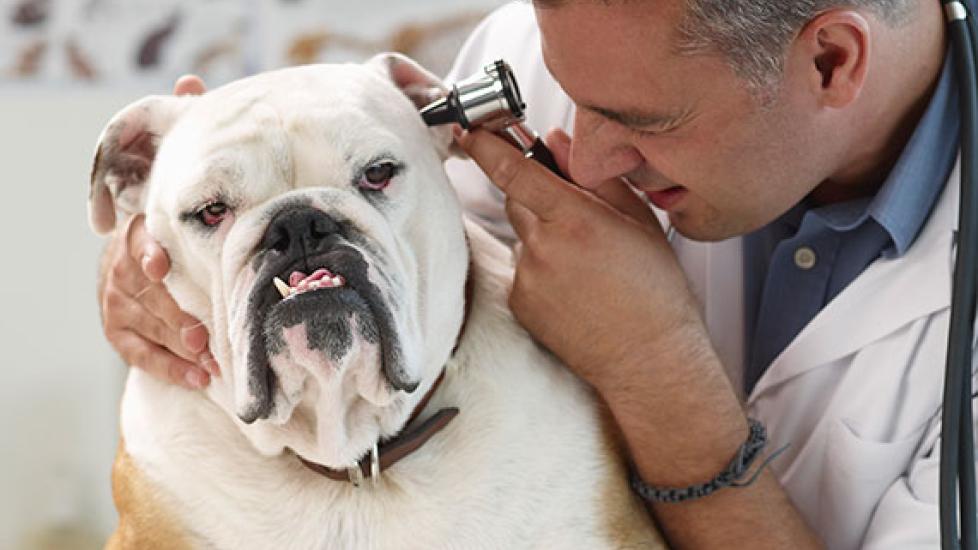Why Vets Lose Clients, and What We Can Do To Change It
This week, I sent someone a flower arrangement. I looked up a suitable one online, pressed “order,” and somewhere a little form popped up in a local affiliate shop with the address for delivery and, one would assume, the instructions for the requested arrangement.
Yesterday I received a thank-you text from the recipient, along with a photo of some flowers which, while all right I suppose, were nothing like what I had ordered. Basically it was some flowers stuffed in a vase which, while technically fulfilling the basics of the order and not terrible in and of itself, was completely underwhelming and was a major disappointment.
Had I known the florist reserved the right to provide a cut rate, sloppy version of what I had requested, I could have made the choice to research other florists and found one with better reviews and happy customers (lesson learned). If the poor service came along with a discounted price tag, that would be one thing, but I was charged top notch prices. Now I’m stuck dealing with customer service and they are probably going to lose money on the transaction, and neither of us is happy.
I think there’s a lot veterinarians can take from that. How many times do we lose clients because we’ve failed to live up to their expectations? We fulfill the basics of the appointment: the doctor comes in, performs an exam, and provides a medical service. So what’s the problem?
The client experience encompasses so much more than getting from point a to point b, which, while that is the general purpose of the interaction, is only a part of it. Maybe the receptionist was cold, or called the dog a “he” instead of a “she.” Perhaps there was a long wait in the lobby, or the cost was more than the client expected. All of these things can sink a visit.
Most of the time these problems can be anticipated and avoided with the simple act of better communication: Instructing the front desk staff on expectations for a friendly reception, letting clients know when emergencies are going to cause a delay and offering them a drop off or the opportunity to reschedule, providing a written estimate before providing any services. Managing a client’s expectations goes a long way toward avoiding disappointment down the road.
Smart veterinarians are starting to recognize that the quality of the client experience encompasses so much more than just the quality of the medicine provided. From the ability to schedule appointments online to fear-free providers who go out of their way to make pets comfortable in a scary environment, there are so many clinics out there going out of their way to provide a client-centered service, why waste time with those places that don’t care?
What are some of your most impressive (or disappointing) veterinary service experiences? Would managing expectations have helped at all?

Dr. Jessica Vogelsang
